The UK Government has invested over £40 million into RF DEW research and development, which supports more than 135 highly skilled jobs across Northern Ireland and the South-East of England. The system is a cost-effective alternative to traditional air defences, with an estimated operational cost of just 10p per shot.
Minister for Defence Procurement and Industry, Rt Hon Maria Eagle MP, said: “This significant experiment exemplifies the strength of British innovation – driven by our home-grown industry, technology firms and scientific talent.” She added: “We continue to strengthen our defence sector, adding more cutting-edge capabilities to keep the UK secure at home and strong abroad, while making defence an engine for growth across our towns and cities.”
The trials saw over 100 drones tracked, engaged and defeated using the weapon, including two separate swarms neutralised in a single engagement. Sgt Mayers of 106 Regiment Royal Artillery became the first British soldier to bring down drones using a radiofrequency weapon.
“RF DEW is an exciting concept,” Sgt Mayers said. “We found the demonstrator quick to learn and easy to use. With improvements on range and power, which could come with further development, this would be a great asset to Layered Air Defence.”
The development of RF DEW supports the Defence Industrial Strategy, aimed at strengthening the UK defence industry and ensuring it contributes to economic growth across the country. The weapon system has been delivered by Team Hersa, a collaboration between Defence Equipment & Support and the Defence Science and Technology Laboratory, with Thales UK leading the industry consortium.
Thales employs around 100 skilled staff on the project in Northern Ireland, with an additional 30–35 supply chain jobs in Chelmsford, Essex. Nigel MacVean, Managing Director of Thales Integrated Airspace-protection Systems, said: “Thales continues to be at the forefront of this pioneering technology, and we are proud to continue the research and development in this sector alongside our partners in Government.”
With drone use rising in modern conflict, including over 18,000 drone attacks faced by Ukraine last year, the success of the RF DEW trial comes at a critical time. The Government’s Plan for Change includes a commitment to spend at least 10% of MOD equipment procurement on novel technologies from 2025–26, supporting national security and innovation.




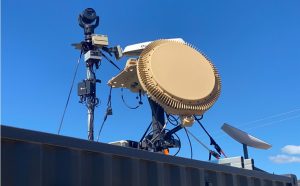


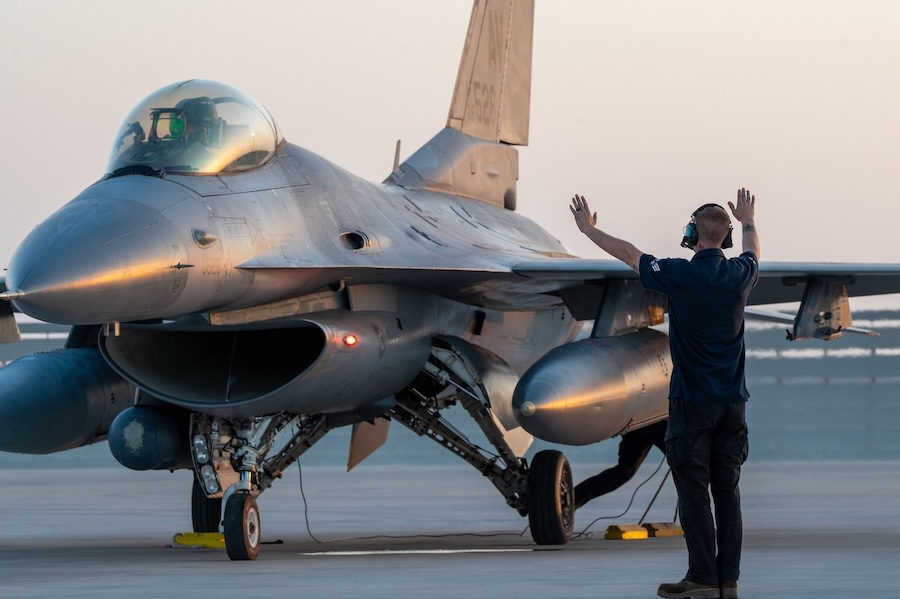
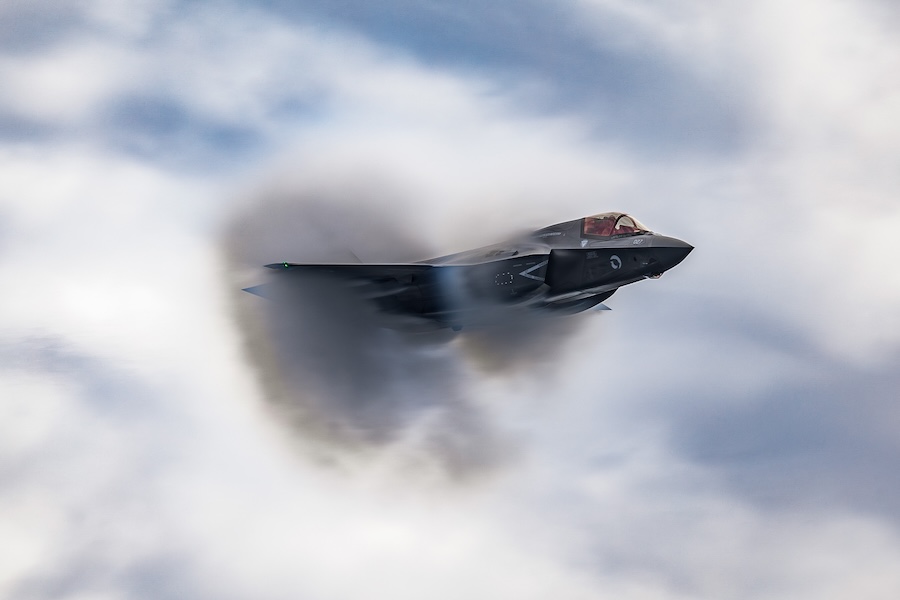
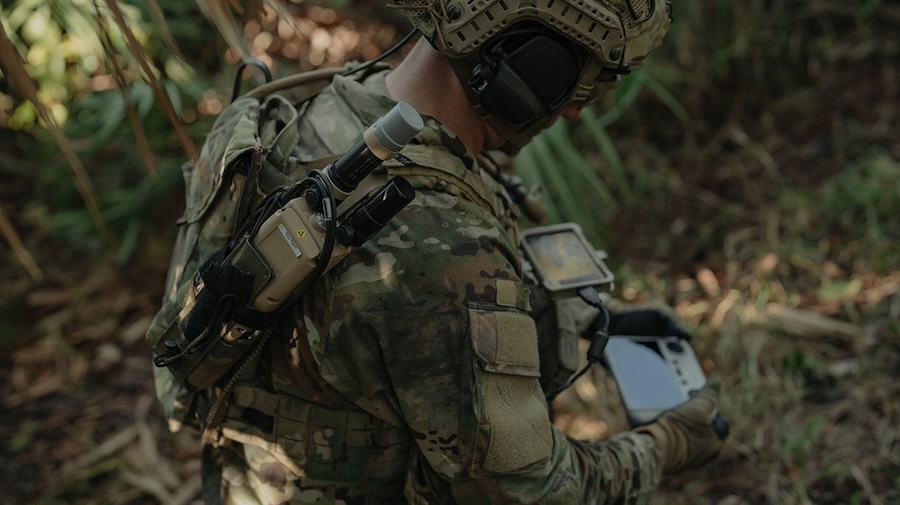
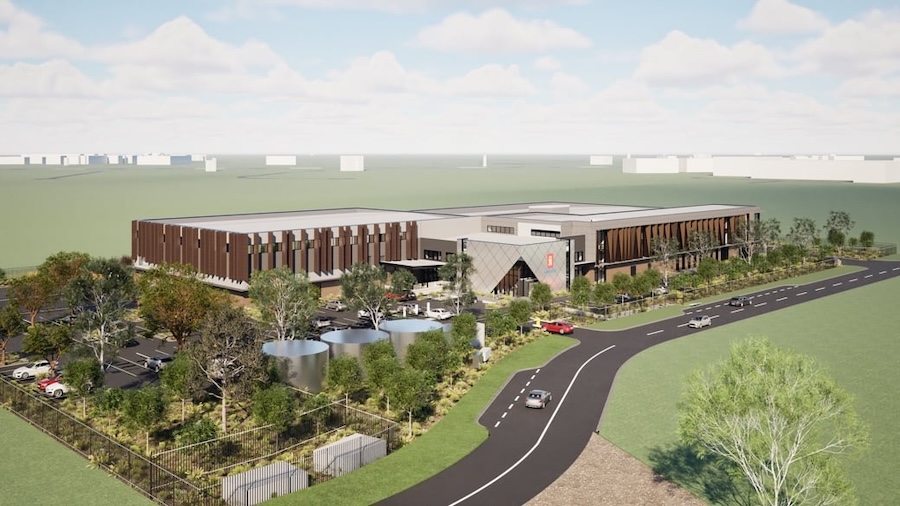



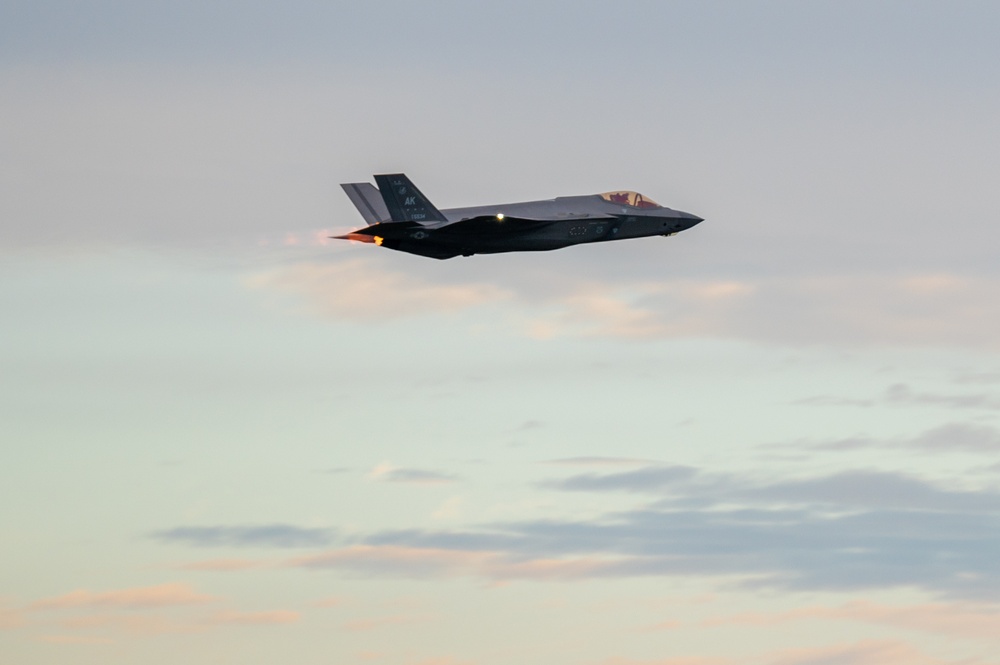

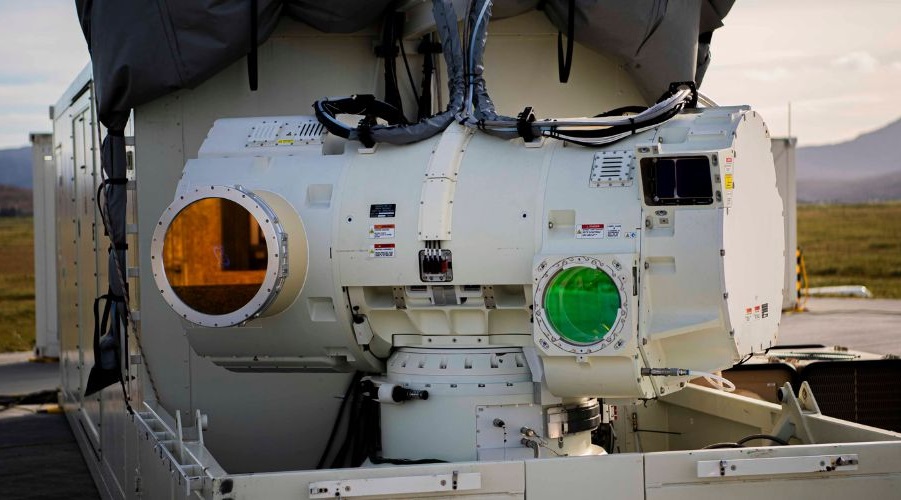
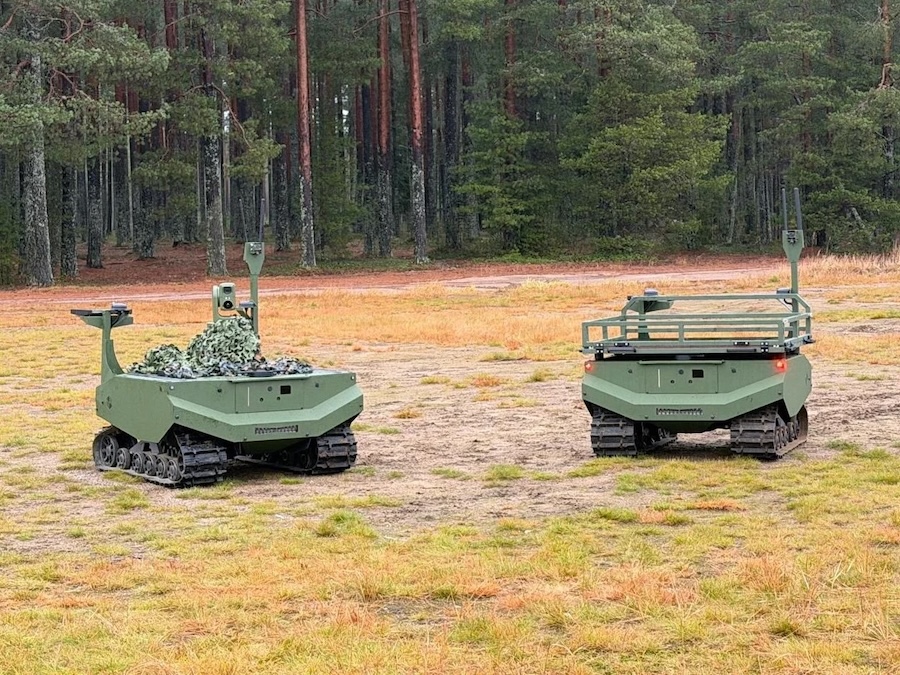

![SİPER 1 air defence system completes battery-level acceptance firing at Sinop Test Center [VIDEO]](https://defence-industry.eu/wp-content/uploads/2026/01/siper-1-air-defence-system-completes-battery-level-acceptance-firing-at-sinop-test-center-video.jpg)

